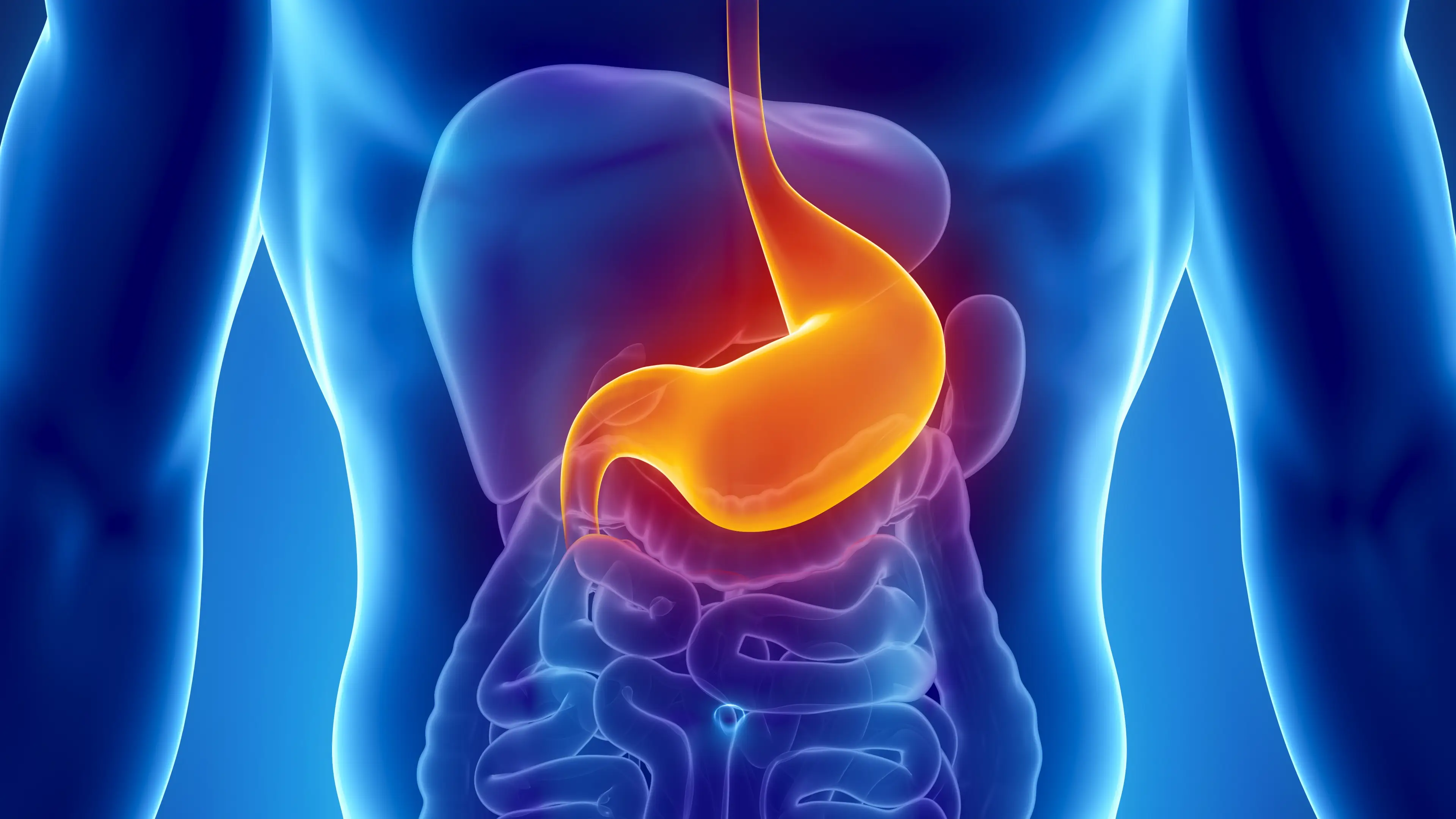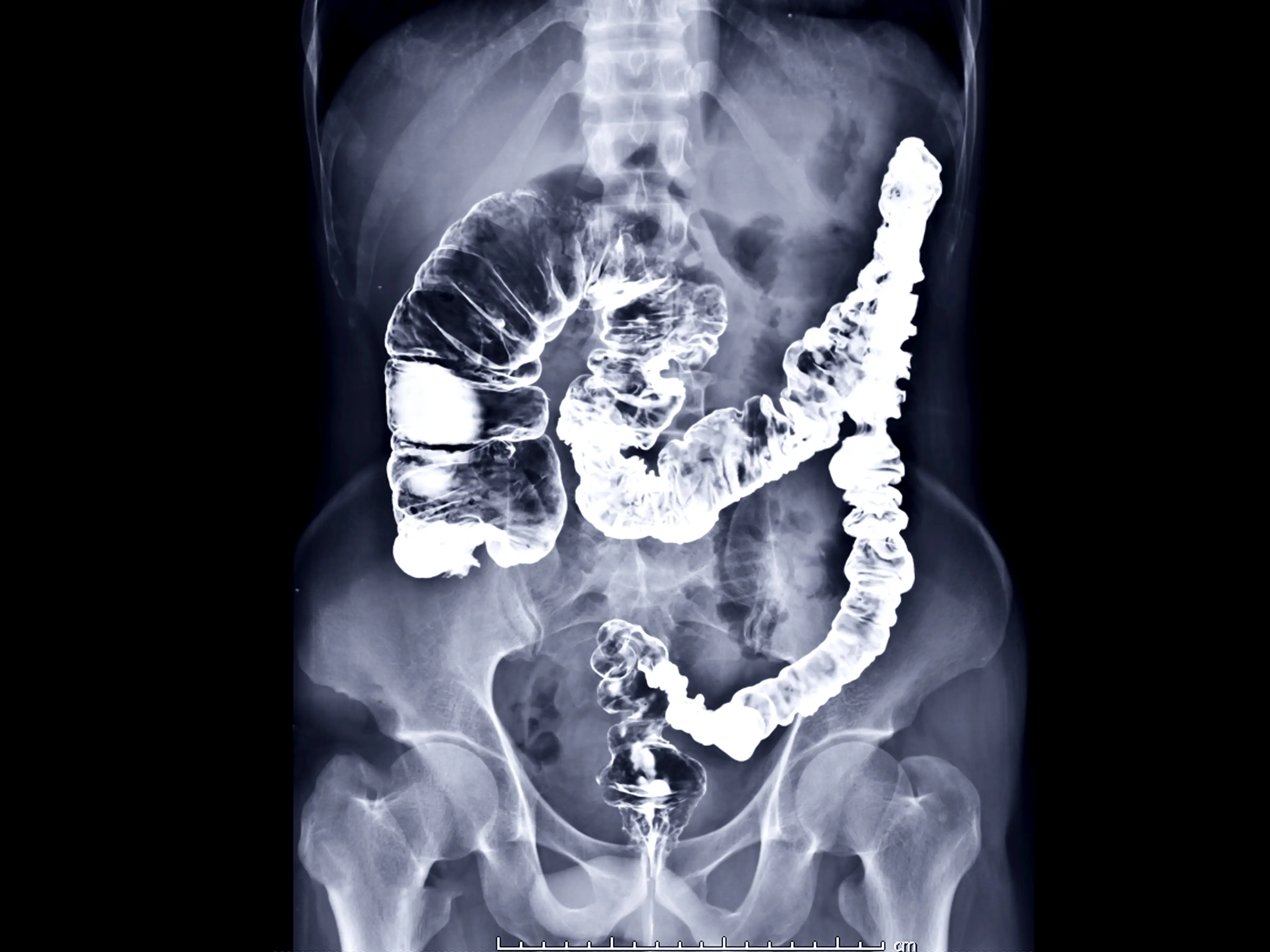Doctors have issued an urgent warning over a common eating habit as two specific cancer types have seen a significant increase among young people across the globe.
Researchers have explained that the number of younger people getting bowel and colon cancers is rising and noted that their diets could be to blame for such a surge.
The rates of bowel cancer, which is the fourth most common cancer in the UK according to Cancer Research, are rising in younger adults across the world, with statistics showing that only one in every 20 cases in the UK happens in people under 50.
Meanwhile, the World Health Organisation (WHO) estimated over 1.9 million new cases of colon cancer worldwide in 2020. While incidence is decreasing in some high-income nations due to screening, rates are rising in younger adults in the UK and Europe.
And, while the increase of such cases has been dubbed a 'growing global phenomenon', it's important to note that many of these cases are preventable - hence why it's so important to be aware of symptoms early doors.
Two specific cancer types have seen a dramatic increase among young people (Getty Stock Images) Yes, cancer rates in recent decades have indeed been declining.
But, from 2010 to 2019, the incidence of 14 cancer types - including colorectal cancer - among people under the age of 50 has notably increased, as per the US National Institutes of Health.
Kimmie Ng, an associate professor of medicine at Harvard Medical School and the founding director of the Young-Onset Colorectal Cancer Center at the Dana-Farber Cancer Institute, warned in the Harvard Gazette: "Somebody who is born in 1990 now has quadruple the risk of developing colorectal cancer and over double the risk of developing colon cancer compared to a similarly aged person who was born in 1950."
Timothy Rebbeck, the Vincent L. Gregory Jr. Professor of Cancer Prevention at the Harvard T.H. Chan School of Public Health, also warned that the worrying phenomenon is happening in both men and women, leading researchers to believe that the factors causing the increases must be widespread.
"The last time we saw this kind of phenomenon on a global scale and with such changes was lung cancer in the mid-20th century," Rebbeck said. "But we figured that out pretty quickly; that was cigarette smoking."
Many people are guilty of consuming a vast amount of ultra-processed food in their daily diet (Douglas Sacha / Getty Images) Scientists have been looking for a reason behind the alarming surge, and now, slowly, one particular culprit is emerging: ultra-processed food.
A fairly recent study released in July in surgery journal BJS outlined that between 2010 and 2019, early-onset colorectal cancers increased by 14.8 per cent in the United States, while rates worldwide are also increasing.
While the reason is still unknown, the study says scientists think environmental factors such as diet and lifestyle could be somewhat responsible for the sharp increase.
Obesity, a Western-pattern diet, non-alcoholic fatty liver disease, and smoking and alcohol use were named as risk factors.
What actually is a ‘Western diet’, you may be asking?
In simple terms, it consists of high intakes of ultra-processed foods, saturated fats and refined carbohydrates, paired with low intakes of plant-based foods.
Whether it's supermarket bread, certain cereals, packaged snacks like crisps or biscuits, mass-produced sweet treats, sugary drinks, instant noodles, ready-made meals or hot dogs - it's clear many of us are guilty of incorporating these unhealthy additions into our diets without fully knowing the long-term health risks they pose.
Tomotaka Ugai, a cancer epidemiologist at the Chan School, advises that following a healthy lifestyle still goes a long way in reducing not just the risk of cancer but a variety of health issues.
“[Researchers] can speak up more, but also we can collaborate with industries or policymakers to increase awareness of early-onset cancers," Ugai urged.
If you’ve been affected by any of these issues and want to speak to someone in confidence, contact Macmillan’s Cancer Support Line on 0808 808 00 00, 8am–8pm seven days a week.

 Rhiannon Ingle
Rhiannon Ingle
